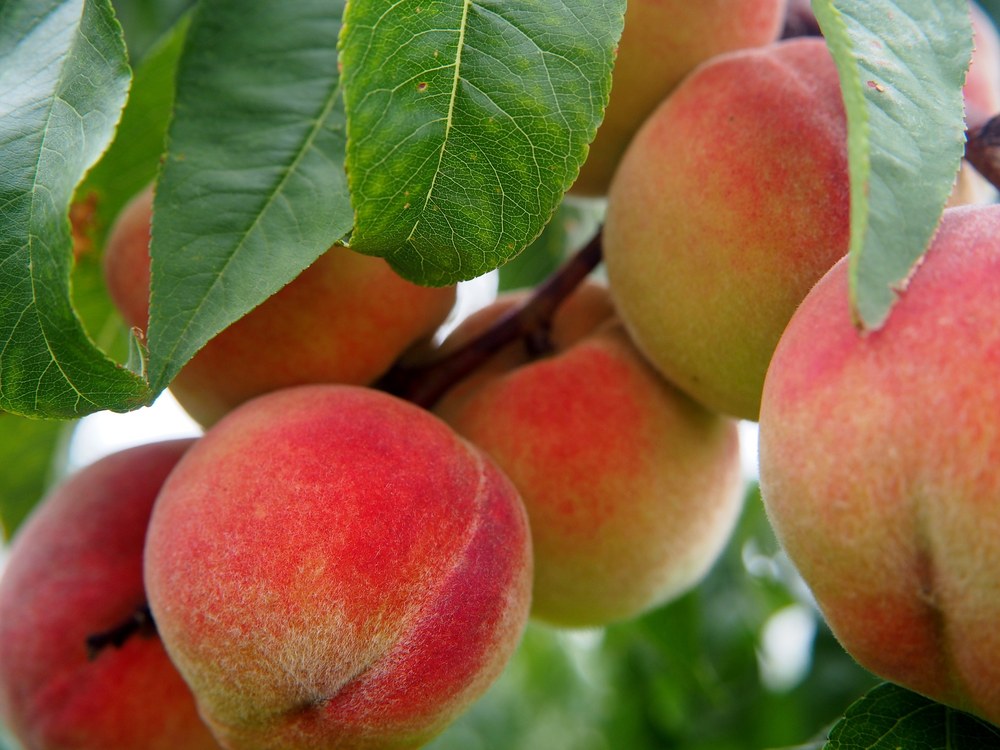Integrated pest management is essential for modern agriculture.

Integrated pest management is essential for modern agriculture.
IPM improves profitability while reducing the impact of pest management on the environment and human health. Moreover, federal and state laws and regulations favor the use of integrated pest management. For instance, the Food Quality Protection Act greatly restricts the use of pesticides while promoting IPM practices. Regardless of your agricultural philosophy, whether conventional, sustainable, or organic, IPM provides appropriate solutions to manage insects, diseases, weeds and vertebrates. IPM practices and strategies have been developed for every agricultural crop.
Agricultural economics originally apply the principles of economics to the production of crops and livestock — a discipline known as agronomics. Agronomics is a branch of economics that specifically dealt with land usage, focusing on maximizing the yield of crops while maintaining a healthy ecosystem.
PA IPM has devoted a great deal of effort to designing IPM solutions for greenhouse production, particularly biological control. Biological control is the use of one organism against another organism. For example, a tiny parasitoid wasp may be released to control white flies on greenhouse grown tomato plants.



Resources that can help agricultural professionals manage insect populations in Pennsylvania's field and forage crops

This section is under construction.

This section is under construction.


